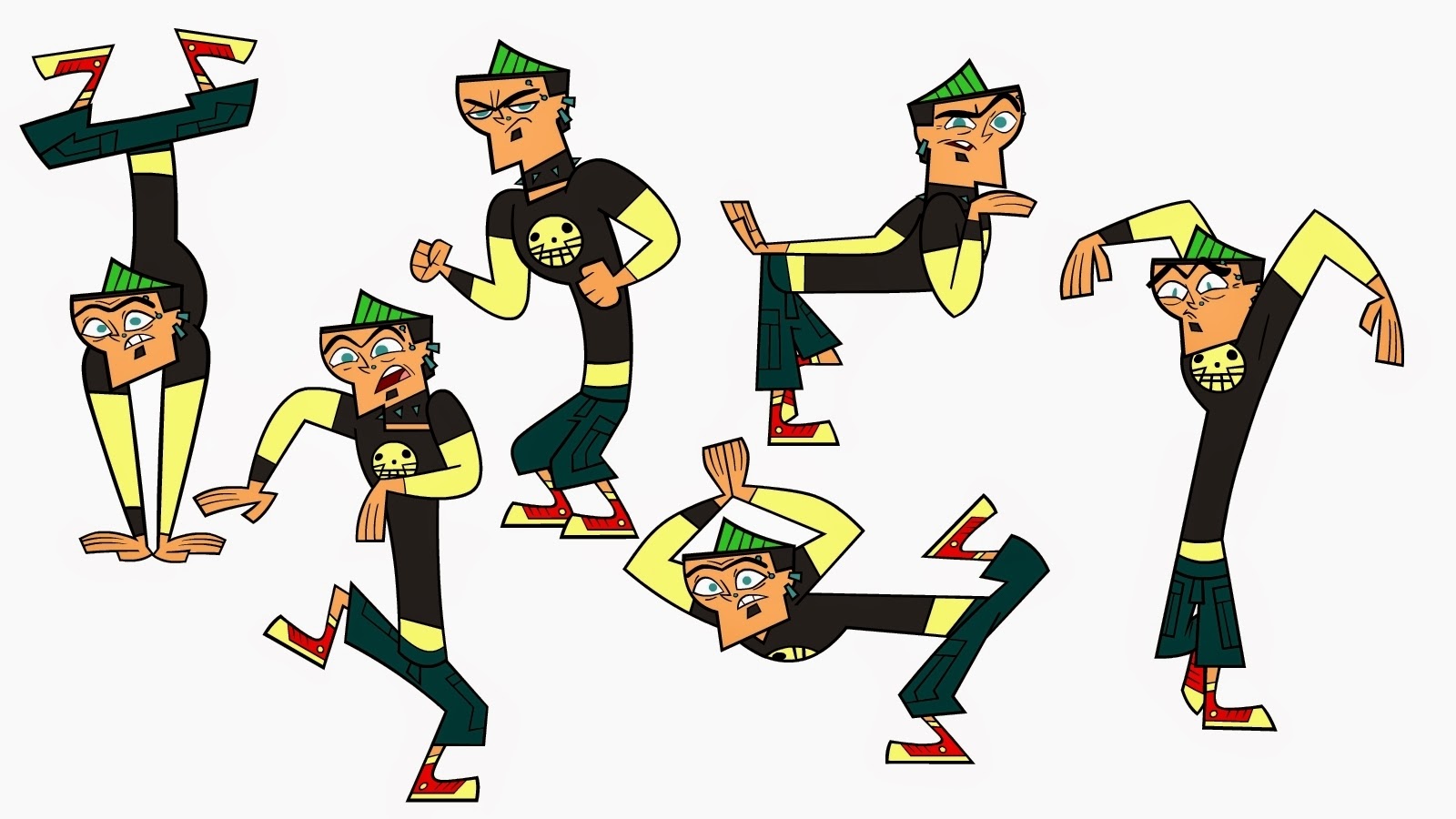Poststructuralism and Drama in Education
'Poststructuralism' is a bewildering combination of theoretical projects and their applications. At best I shall be contending that elements of the poststructuralist approach afford the possibility of an open and balanced approach to the twin dynamics of criticism and creativity; poststructuralism folds one into the other. Underpinning my 'methodology' is the sense that both criticism and creativity are required in the shifting process of performance and that they are inseparable as the twin strands of participatory drama. Moreover, a poststructuralist approach serves to interrogate all conventional binaries such as teaching/learning, or acting/observing.
More than just turning them upside-down, or reversing them, a poststructuralist would uncover the trace, play, or spectre, of one inside the other. Accordingly, poststructuralism employs an exhilarating rigour to critical and creative work that involves individual and group, word and world. The primary obsession of poststructuralism is a disproportionate scrutiny of the process of (non)-signification.....
Compared to structuralist approaches which generate a systematic and stable approach to making/reading meanings, poststructuralism promises less, but performs more. Rather than a system of meaning, a poststructuralist favours singularities of expression that undermine 'system' by questioning its schematic temperament. Any short definition is prone to simplification, and the whole project is in fact preoccupied by the elusiveness of 'tangible' or fixed meanings. As a result, acquaintance with poststructuralism may be frustrating (what do we do with it?) or excessively empowering and abundant (does it apply to everything?) Poststructuralism both exceeds and falls short of any methodology that attempts to structure it. Its starting point is an obsession with 'destabilising definitions and distinctions.'
The research station transactions and encounters out of which this chapter emerges were therefore closely hinged to the prescribed keynote theme of the IDIERI 2003 conference 'destabilising definitions and distinctions'..... Poststructuralist methodology is not a reductive set of procedures to be committed to memory, translated, and applied to multiple contexts. Rather it attaches itself to the singularity of any dramatic moment's educational component, in its moment of unfolding.
Poststructuralism deploys an elusive alchemy in always moving beyond that moment as something that can be re-presented on demand. The alchemist is an early chemist whose experiments cannot be repeated with identical results each time they are attempted. For performance, as for poststructuralism, there is no step-by-step rulebook for success. These statements are rather precautionary and frustrating, primarily because they leave so much open to critical performances as processes that cannot be translated into quantifiable measures of success or failure. Rather than aiming for closed outcomes in our experience of drama, poststructuralism approaches 're-presentation' as shifting, tactical and incomplete.
The aim is a super-consciousness of how performance effects or 'makes present' ideas, events, beliefs and intuitions. (It is also attached to the failure or inability to 'make present' – an 'other' learning opportunity that has been silenced.) ....
Further information:
See Ian McCormick, “Poststructuralist Performances” in Research Methodologies for Drama Education, ed. Judith Ackroyd




I genuinely admire the way this article delivers its Ok TOTOCC
ReplyDeleteSLOT GACOR TOTOCC
ReplyDeleteSLOT PATEN TOTOCC
ReplyDeleteNice post! Sangat menambah pengetahuan. Bagi yang belum tahu, silakan simpan tautan ini sebagai pintu masuk utama ke situs resmi.
ReplyDeleteBlog favorit saya nih. Sehat selalu Min. Cek juga referensi game gacor yang banyak direkomendasikan komunitas.
ReplyDelete